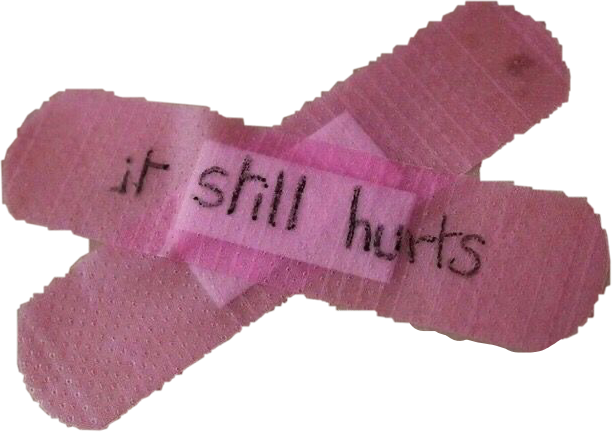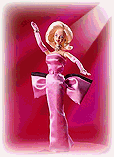











Originally published in Audrey Journal, 2018
“For me alone Don Quixote was born and I for him. His was the power of action, mine of writing.”
I think there’s an expectation that if you’re not a man, then you better be making work that is bold. Powerful. Direct. There was a word I used to use to describe my work but I can’t remember what it is anymore, and I don’t think I do it. Now I like to linger on the bad qualities of femininity – claiming that weakness, protecting it, waiting in it. I like femininity as a disorder. I like the way femininity can drift atop the surfaces of things, and pull you in, or take you over completely. Open itself to you or betray you.
Femininity can disarm you, take you off balance. Invite you in and overwhelm you.
It’s a queer thing.
That’s the world of Being Dead (Don Quixote).
Cervantes’ Don Quixote persists as a text that is re-read and re-written because (and I paraphrase a lecture I watched on YouTube here, or I am plagiarising it completely) it is about leaving your embattled self to become closest to your desires. It is about changing the world and the way you see yourself, making your desires and the world fit.
There’s a video somewhere, or a memory of a video of my dad’s 60th birthday party. Everyone is wearing green because it is St Patrick’s day. I’m seven – I think that’s correct – and I’m lying on the stairs of our old house in Brisbane (the soft, carpeted ones, not the wooden ones) and I’m wearing pink and saying to the video camera, “I’m wearing pink”. I’m really pleased with myself. Some days when my identity feels like a mess this image is incredibly comforting to me.
Femme, for me – and a personal disclaimer is surely a feminine act – is the queering of femininity. Femme escapes the body, femme is a way to place myself outside of gender, outside of patriarchy and heterosexuality. It’s delicate. It could fail at any moment. I like to think about that space in performance: inhabiting that failure. My femininity is read onto and often misses recognition. Performance relies on recognition, or it is met with that familiar stiff-backed post-show conversation: “I didn’t understand”; “I didn’t get it”; “I didn’t like it.”
A successful show is a legible show. I think about resisting this and filling in that space in other ways. I have to find comfort in illegibility and allow myself to get hurt in the process. Being in the theatre is a lot like being in the world. Don Quixote feels close to a queer identity because he’s being, living, doing a new identity and daring to imagine a different world where he can be the hero and deserving of love. “For hope is always born at the same time as love.” Don Quixote isn’t saying, in the future there will be change. He demands that world now, even as he fails. And it’s impossible. I watched another lecture on YouTube with Judith Butler, and in my notes I’ve written, “full recognition is a fantasy”.
When I was 19 my girlfriend liked brown furniture. She threw out all my clothes and taught me I had to be tough, which I’m not. Later, I had a girlfriend who called me “princess” whenever we fought and she would tell me I was femme. At that point, I figured femme meant weak, empty and boring. I wanted to be strong, but I didn’t know how to be strong, so I was angry instead. I didn’t want to be ‘feminine’ and I didn’t want to be ‘the woman’. I wanted to be a lesbian.
There was this person hanging around who was femme and she’d say things like, “I like your shoes” instead of “how are you?” She told me I was femme too. I found her really irritating. She had ugly shoes. In the end she dated my girlfriend after we broke up. Bit by bit, I found Femme and not the other way round. And I started saying it. Sometimes people don’t know what I’m saying but I say it anyway.
I’m femme, I’m queer, I’m a queer femme. Eventually I say I’m genderqueer too. That one feels the hardest, like I’m giving in. Like it’s more about helping someone else understand me. It feels less about me, but I need to say it. Saying, living, being, doing.
I don’t apologise for myself but I do apologise all the time. I don’t know how to explain what I do, or even what I mean when people ask me, and when I try to explain, I end up diminishing and detouring until I’ve avoided the question entirely. Sometimes I speak only in gesture and pause. Sometimes I just point to a tattoo on my left arm and wait. It’s in pink Barbie font. It reads, “Queer”.
I guess it’s all about finding a home for me – a home in language, in my body, in space – I can share with others, even share with an audience. That home is in the space in which I begin to cry in public; as I interrupt my own story; as I am deciding between different shades of pink; in the hours spent talking about other people, forgetting myself; in my dusty but beautiful hallway as I am edging towards the floor.
When I get lost in the middle of a sentence.
It is reality TV, pop music, Facebook chats, instagram selfies, conversations about skin care and surgery, strip club dressing rooms, champagne because it’s fancy, high heels, love affairs and limitless ways of fucking. It is in true and tricky femmeships – that’s my favourite home. It is just before I get someone to take the lid off for me. It is just as I am watching the lid come off – my hands lifted in a question above my shoulders. A tiny success, or a tiny failure depending on how you choose to embrace it. It is in the moment of hesitation I sink into before a stranger takes me for my word. Finding home in my femininity is finding a way to live without the need for legitimacy.













